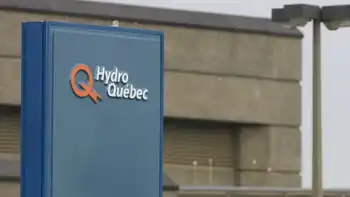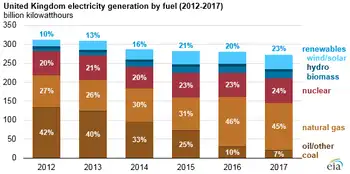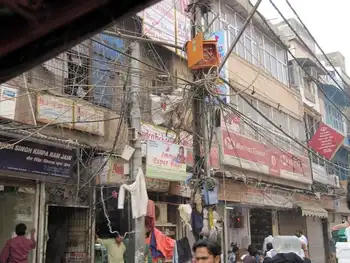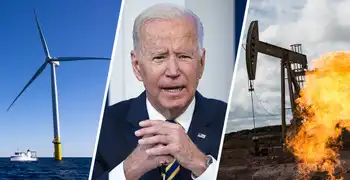U.S. firm to build EV chargers in Jerusalem
About 100 charging stations will be placed on Jerusalem streets by 2011, when Israel plans to have electric cars available for mass consumption, Shai Agassi, CEO of Better Place, said. Twenty of the stations have already been placed.
At a ceremony where he signed the agreement with Israeli officials, Agassi said a transition to greener means of transportation could make for cleaner air, and called Israel "a leader in the road to sustainable mobility."
Electric car batteries used in Israel will have a range of 160-200 km (100-125 miles), sufficient to cover the distances among most of the small country's main urban centers. They would take 3-4 hours to charge, Better Place said in a statement.
Israel regards Jerusalem as its indivisible capital, including the eastern sector it captured in a 1967 war and annexed in a move not recognized internationally. Palestinians want the city as capital of a future state.
Better Place, a $200-million venture-backed company, is in an early stage, testing charge spots in Israel with plans to follow in Denmark, and is working with Renault and Nissan to develop electric car infrastructure.
The firm has also announced partnerships with Australia, California and Hawaii, worth about $2 billion in total, to expand its network in the coming years as markets search for alternatives to cut carbon emissions and pricey fuel imports.
Related News

Hydro-Quebec won't ask for rate hike next year
MONTREAL - Hydro-Quebec Distribution will not file a rate adjustment application with the province’s energy board this year.
In a statement released on Friday the Crown Corporation said it wants current electricity rates to be maintained for another year, starting April 1. That is consistent with the recently tabled Bill 34, which guarantees lower electricity rates for Quebecers.
The bill also provides a $500 million rebate in 2020, half of which will go to residential customers while $190 million will go to commercial customers and another $60 million to industrial ones.
Hydro-Quebec said the 2020-21 rate freeze will generate savings of nearly $1…




